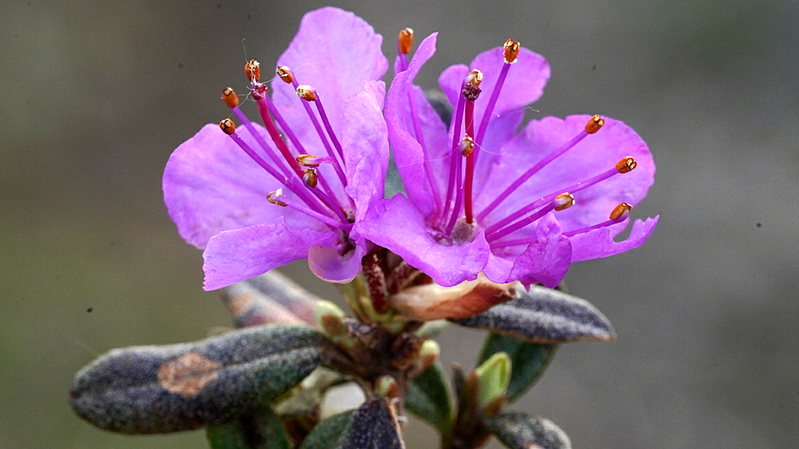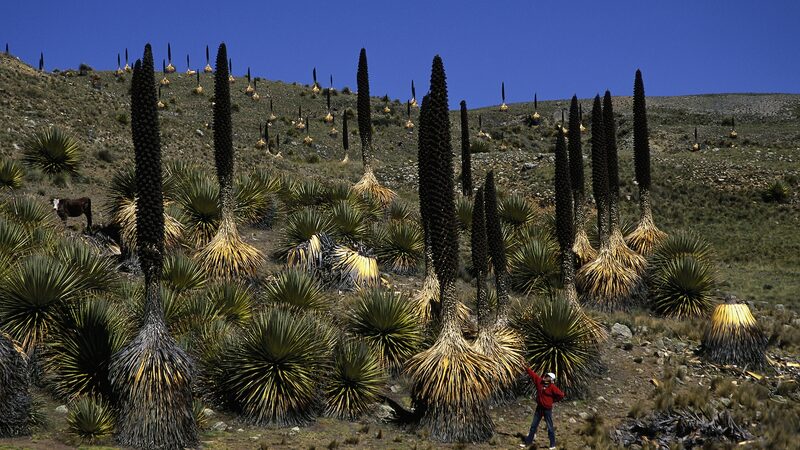The Lapland Rosebay, a delicate pink flower thriving in harsh alpine conditions, has emerged as a living emblem of Changbai Mountain’s ecological majesty in northeast China’s Jilin Province. This UNESCO Global Geopark – spanning 19,000 hectares – hosts over 2,600 plant species across four distinct climatic zones, creating what scientists call a "vertical natural museum."
At elevations above 2,000 meters where winter temperatures plunge to -30°C, the rosebay’s resilience symbolizes the mountain’s extraordinary biodiversity. Conservationists highlight its role in maintaining fragile ecosystems that support endangered species like the Siberian tiger and Asiatic black bear.
"This mountain isn’t just a landmark – it’s an open-air laboratory," said Dr. Li Wei, a botanist at Jilin University. "Understanding how species like the Lapland Rosebay adapt helps us address climate challenges affecting alpine regions worldwide."
For cultural explorers, Changbai Mountain offers more than scientific wonders. Local Manchu communities revere it as the birthplace of their ancestral Jin Dynasty, blending natural grandeur with cultural heritage. Travelers can experience diverse microclimates within a single day – from temperate forests to volcanic landscapes surrounding Heaven Lake.
As sustainable tourism grows, Jilin Province authorities balance conservation with controlled access, ensuring this ecological gem continues inspiring both researchers and nature enthusiasts globally.
Reference(s):
Lapland Rosebay: A symbol of Changbai Mountain's alpine splendor
cgtn.com








